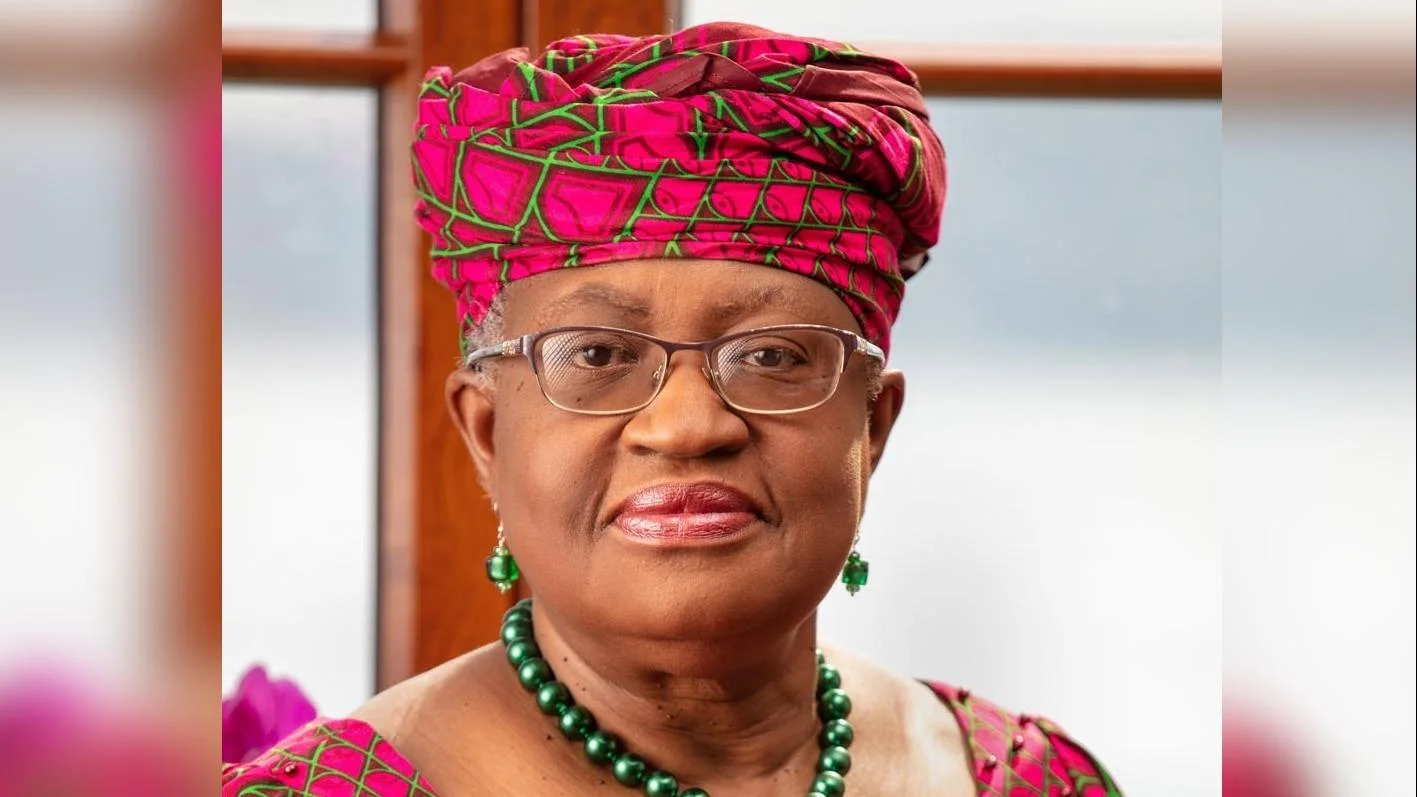G20 economies introduced a significant increase in tariffs and other trade-restrictive measures between mid-October 2024 and mid-October 2025, according to the latest monitoring report from the World Trade Organization (WTO). The new report finds that G20 merchandise imports worth $2.6 trillion, or 14.3% of total G20 imports, were affected by these measures, which is more than four times the amount recorded in the previous period.
The total number of measures affecting both imports and exports reached 185, impacting about $2.9 trillion in trade. This figure is substantially higher than the $829 billion reported in the prior year.
Despite this surge in trade restrictions, G20 countries also implemented a large number of trade-facilitating actions during the same period. There were 184 such measures covering goods trade valued at $2.1 trillion—almost double that seen in the last report.
Commenting on these findings, WTO Director-General Ngozi Okonjo-Iweala said: "Even as the global trading system endures the most severe disruptions in 80 years, trade is showing considerable resilience as most WTO members continue to trade normally with each other. This latest monitoring report gives us new figures to illustrate the realities on the ground. We see protectionist measures affecting a substantially higher share of world trade. At the same time, we see a lot of trade-facilitating measures, reflecting a desire by members to reduce trade costs even as barriers rise elsewhere. It's welcome that we see ongoing dialogue instead of escalating retaliation. WTO members should seize this moment to put trade on firmer footing by reforming and repositioning the WTO."
The accumulation of import-affecting measures has grown sharply since last year; previously 12.9% of G20 imports were subject to such actions ($2.4 trillion), but this share has now increased to 22%, or $4 trillion.
WTO economists project global merchandise trade will grow by 2.4% in 2025 and slow to 0.5% in 2026. Stronger-than-expected growth was observed in early 2025 due to factors such as frontloading of imports and high demand for AI-related products, especially among developing economies.
The report notes that G20 countries initiated an average of 28.5 new investigations into potential unfair trading practices per month—slightly below last year's average but similar to levels seen in 2020—and ended an average of just over nine such cases monthly, one of the lowest rates since 2016. Anti-dumping actions accounted for over half of all recorded goods-related measures.
In services, G20 nations adopted 52 new policy changes during the review period; more than two-thirds aimed at facilitating cross-border service flows, with nearly half applied across multiple sectors including commercial presence and professional movement modes.
Additionally, there was an uptick in general economic support initiatives targeting sectors like environment, energy, and agriculture—a possible sign that governments are increasingly turning toward non-financial interventions and broader strategic objectives.
Throughout this period, WTO committees continued serving as forums where member states raised concerns about various policies implemented by G20 economies.
The G20 Trade Monitoring Reports have been published since 2009 at the request of G20 leaders for oversight by international organizations including the WTO, OECD and UNCTAD.

